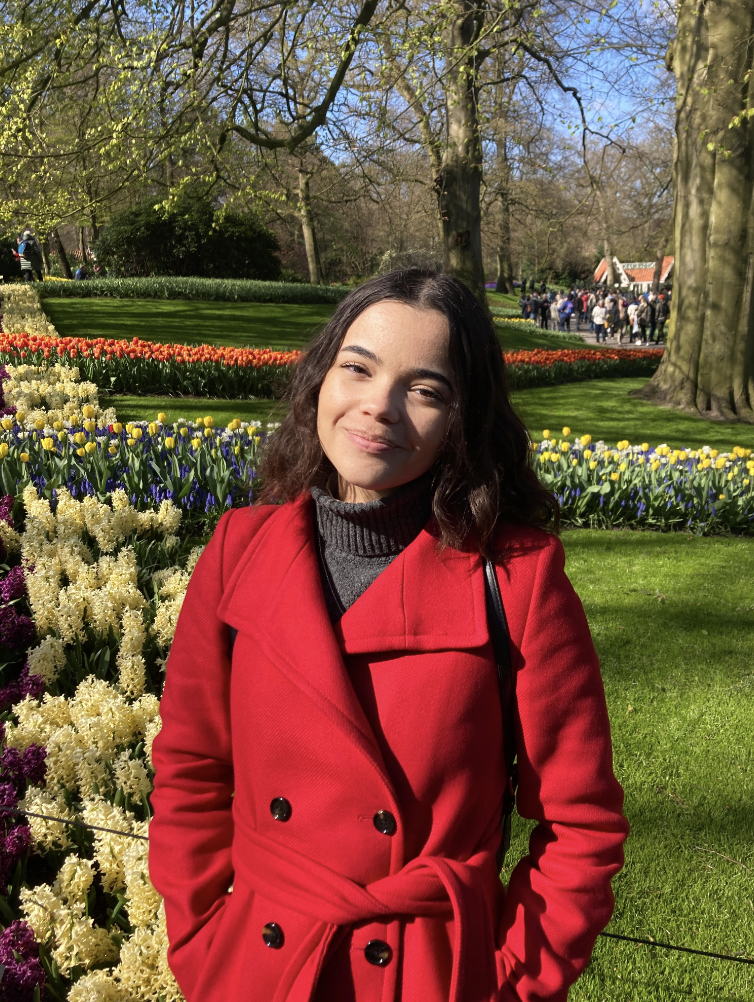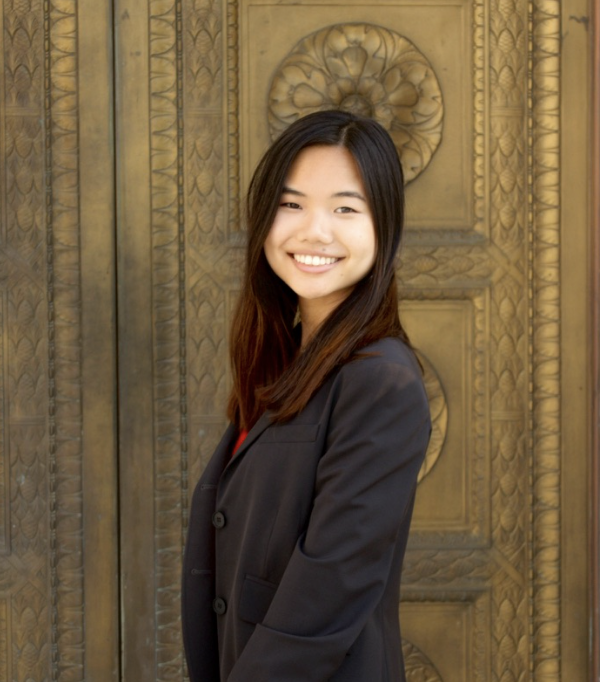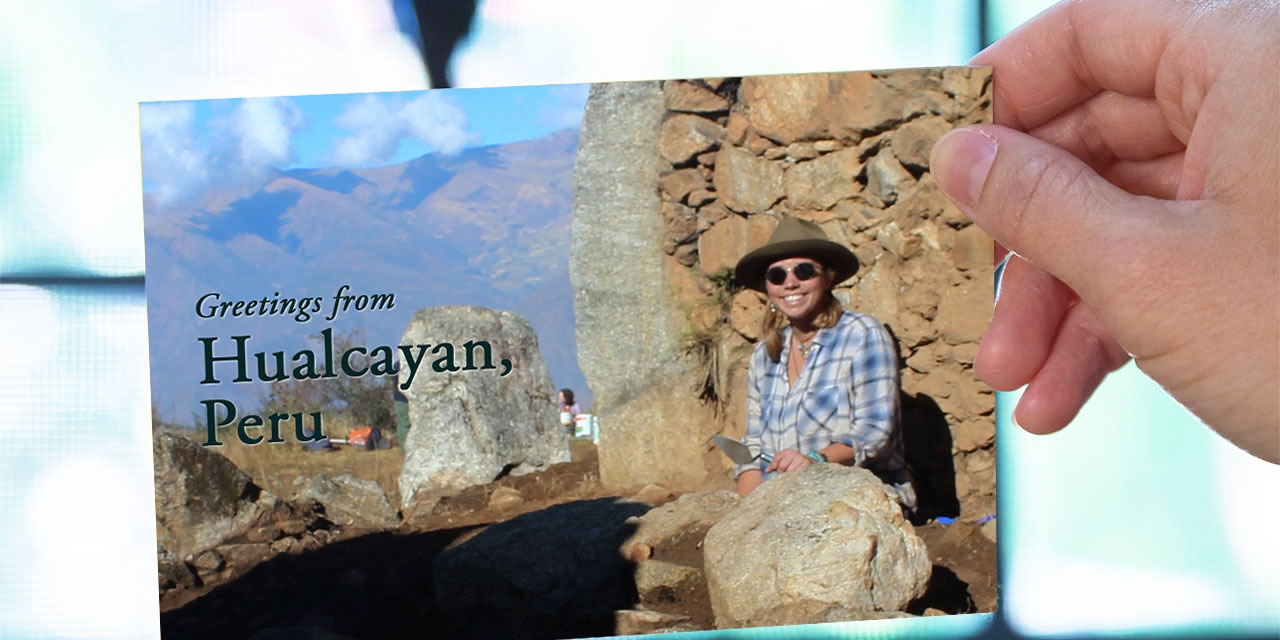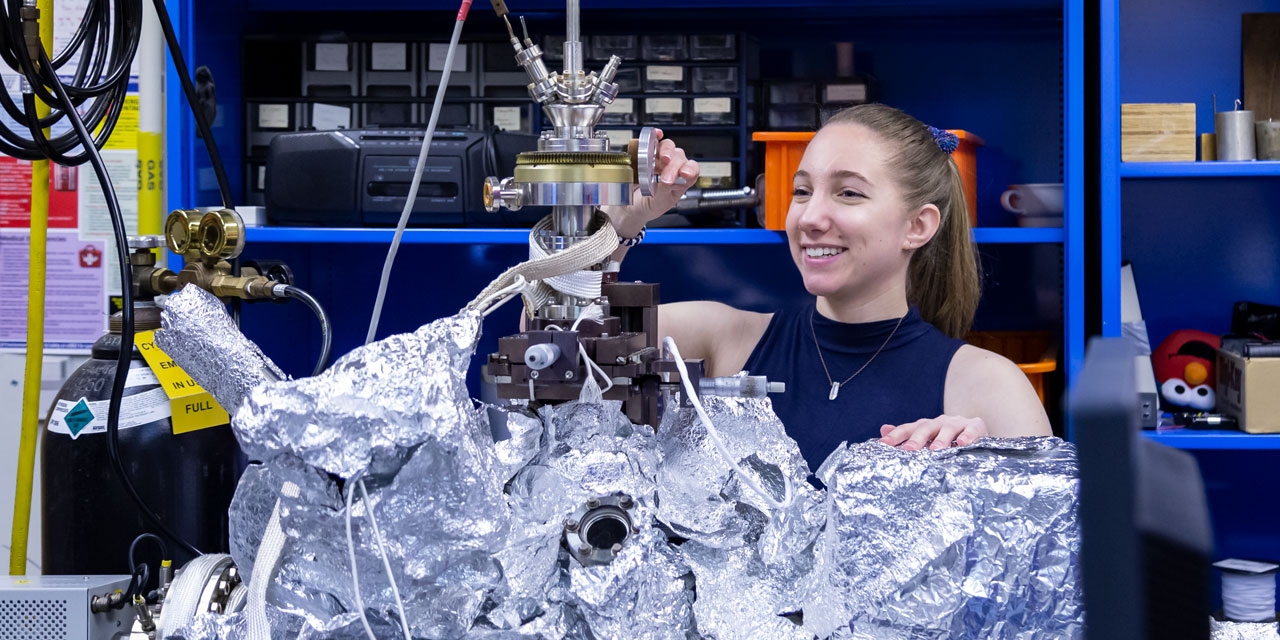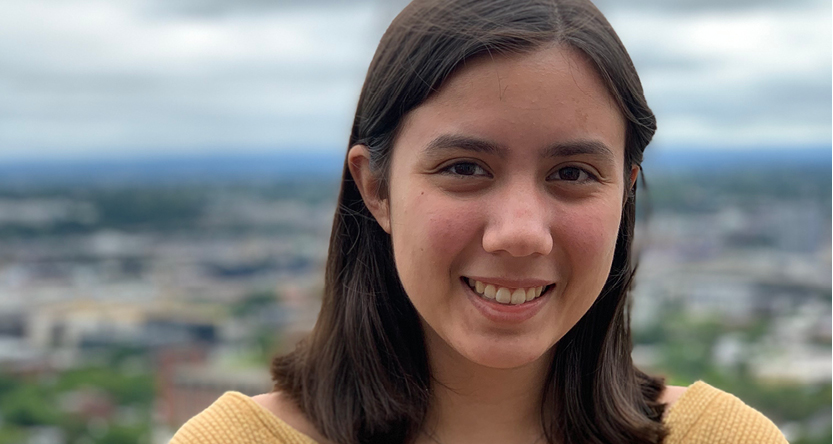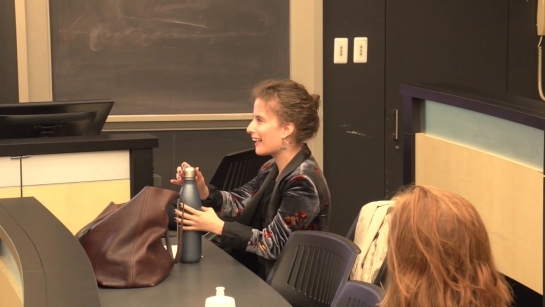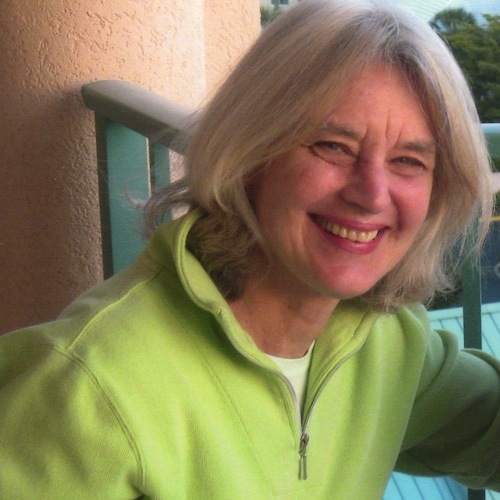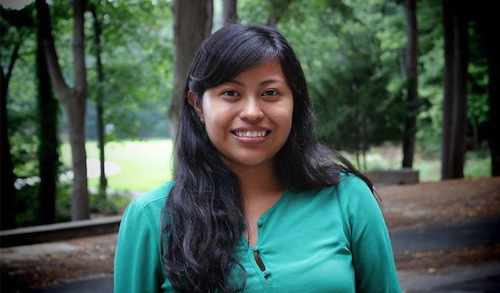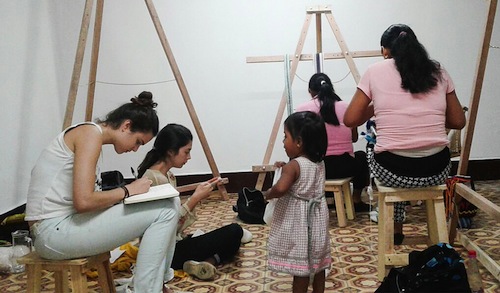"I reached out to several Wellesley alums and former Pickering/Rangel recipients to help me prepare for the finalist interviews and essays. If I can give advice to anyone wanting to apply for this fellowship in the future it is to do the same thing! I couldn’t have done this without their guidance and encouragement."
"I'm excited by the unknown. I'm not sure where I'll be or who I'll meet at these embassies, but I'm looking forward to the new experiences!"
Projects for Peace Alumni Award (graduates)

Projects for Peace is a global program that partners with educational institutions to identify and support young peacebuilders and changemakers. Each year, the Projects for Peace Alumni Award will award up to $50,000 to support the continuing peacebuilding efforts of a past Projects for Peace grantee. The Award is made possible through the Kathryn Wasserman Davis Collaborative in Conflict Transformation at Middlebury. Campus application deadline typically in January.
Service Fellowships

Service is at the very heart of Wellesley’s motto, and fellowships can support all kinds of service in the world: in the U.S. and abroad; for undergraduates and graduates; with structured opportunities, placement with NGOs, or “build your own” projects. This resource is by no means exhaustive, but instead aims to provide an introduction to some of the most common fellowships as well as some helpful first steps.
“Under the Andean sun, we excavate the site that shows evidence of occupation for nearly 3,000 years.”
“I previously had dreams to be an author, but found myself called by the combination of logic, mystery, and truth in science.”
“I’m incredibly grateful for the opportunity to build community with other like minded people across the country who are dedicated to working on the same kinds of issues that I am.”
Physical Sciences

The physical sciences, as a branch of natural science, focuses primarily on the study of non-living systems. However, just as these areas of study are broad, the physical sciences intersect with a wide range of career opportunities, which can be found in the private sector, in education and academia, and in all levels of government.
“Listen to your heart and use your head. Math and science ignited my imagination for as far back as I can remember.”
“I was motivated to fight for environmental justice in my community after hearing about the respiratory illnesses that many children were diagnosed with as a result of the environmental contamination we live with.”
Science Research

Participating in research experiences as an undergraduate is an excellent way to add depth to your science understanding and actively engage with what you are learning in the classroom. By doing so, you further develop your laboratory, analytical, and problem-solving skills, and you start to build your network with faculty members. Research experiences are valuable components to your resume, and they can make you more competitive for both graduate school and industry opportunities.
Physics

The contemporary study of the physical universe encompasses systems ranging from the microscopic — atoms, nuclei, and elementary particles, to the very large — planets, stars, and galaxies, and the Wellesley Physics department introduces students to the study of all that falls along that spectrum. Since physics covers such a broad band, students of physics develop concrete and transferable skills that can be applied in a number of different settings — academia, industry, research, government, nonprofits, and more.
Geosciences

Geoscience is the study of earth and all of its systems, and geoscientists investigate these interactions using transdisciplinary approaches to address questions related to how the Earth formed, how it evolved over geologic time, and how its continued evolution affects the environment in which we live. With geoscience being such a broad major of the study of the earth, there are many areas in which one could specialize and use to pursue career opportunities.
Chemistry

Chemistry is the knowledge of the properties and behavior of atoms and molecules, and it is crucial to our understanding of medicine, biological systems, neuroscience, nanotechnology, environmental science and a myriad of other areas. Therefore, there are a wide range of career options for chemistry majors and minors!
Astronomy

What is astronomy? In the most basic definition, astronomy is the study of the sun, moon, stars, planets, comets, gas, galaxies, gas, dust and other non-Earthly bodies and phenomena. As you think about careers in astronomy or astrophysics, the profession is a relatively small community compared to other science career fields.
“A strong Davis Projects for Peace proposal is always one that is grounded in a real knowledge of and investment in a community, providing a foundation that gives the student both inspiration and credibility as she strives to make real change.”
Udall Scholarship (sophomores & juniors)

Supports a year of undergraduate study for American Indians and Alaska Natives working on an array of policy issues in Indian country or interested in pursuing health-related careers, or for students with demonstrated leadership, service, and commitment to issues related to conservation and environmental issues. Eligible are college sophomores and juniors who are US citizens, nationals, and permanent residents. Campus application deadline typically in early February.
Truman Scholarship (juniors)

The Harry S. Truman Scholarship Foundation supports the graduate education and professional development of outstanding young people committed to public service leadership. This scholarship provides funding toward senior year and graduate school for juniors interested in a career in public service. Campus application deadline typically in November.
National Institutes of Standards & Technology Summer Undergraduate Research Fellowship (NIST SURF) (students)

The National Institute of Standards and Technology (NIST) offers Summer Undergraduate Research Fellowships (SURF) at NIST laboratories in Gaithersburg, MD; Boulder, CO; and Waimanalo, Hawaii. The Summer Undergraduate Research Fellowship is designed to inspire undergraduate students to pursue careers in STEM (science, technology, engineering, and mathematics) through a unique research experience that supports the NIST mission. Eligible are currently enrolled undergraduates who are US citizens or permanent residents, majoring in chemistry, computer science, physics, engineering, materials science, fire research, nanotechnology, information technology, mathematics, biology, manufacturing, statistics, or another STEM discipline.



